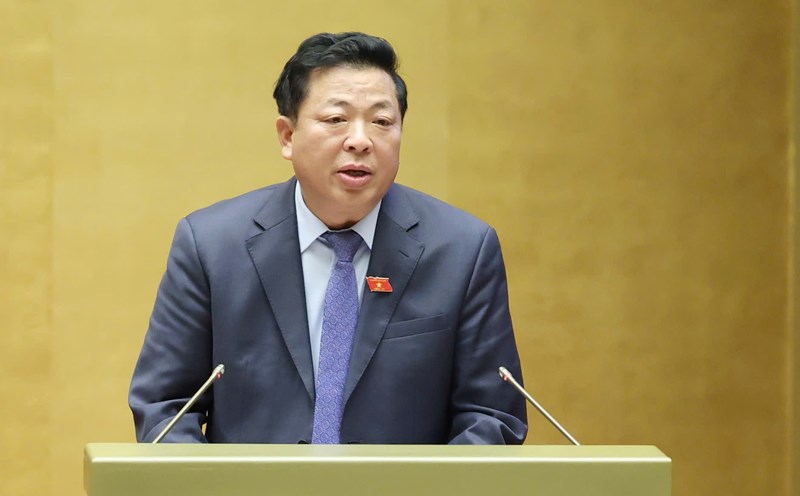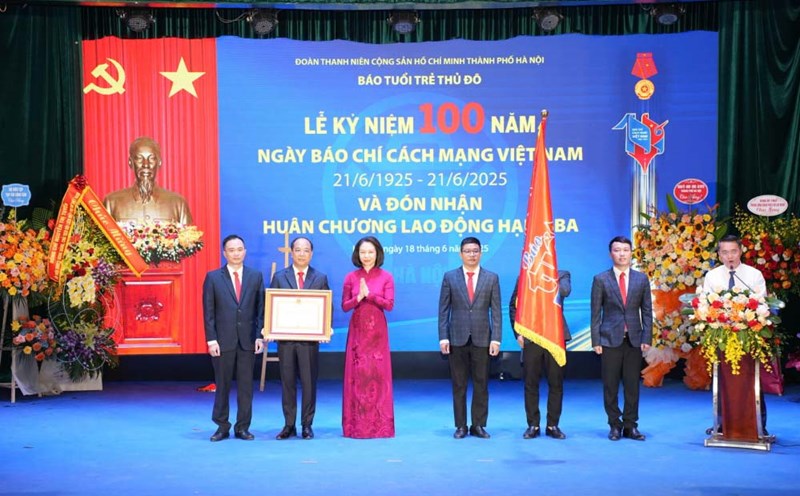Financial defense strategy and caution
According to data from the State Bank, by the end of March 2025, the amount of residential deposits continued to increase by 5.73% compared to the end of 2024, equivalent to an increase of VND 404,800 billion, to nearly VND 7.47 million billion. This is the highest level ever. The amount of deposits from residents has continuously increased over the past 3 months, in March alone, it increased by VND103,800 billion.
This development attracted attention in the context of deposit interest rates continuing to remain low, commonly below 6%/year.
However, the sharp increase in deposits does not mean that all cash flow is "in the savings book". The nature of this figure includes many elements: payment deposits, capital flows from unused loans, or investment cash flow that is temporarily "hiding" in waiting for opportunities.
According to Mr. Nguyen Quang Huy - CEO of the Faculty of Finance - Banking, Nguyen Trai University - this phenomenon is not simply an increase in savings deposits. This is a sign of a strategic financial defense state. People are behaving like non-professional macro investors: they are not in a hurry to spend or invest, but keep money in banks to observe, analyze and wait for clearer signals from the global economy as well as the domestic market, Mr. Huy commented.
Analyzing further, Mr. Huy said that the cash flow chosen to "come back" to the banking system is a well-founded reaction to complex fluctuations from the outside. From the US's new tariff policy, prolonged geopolitical developments, to the risk of the Fed delaying interest rate cuts, which poses many risks to exchange rates and import inflation - all of which are increasing cautious sentiment among the majority of people and retail investors.
Holding money is not a stagnation but a reasonable defense strategy in the context of many global variables that have not yet broken up, said Mr. Huy.
Not all deposits are idle money
At the same time, he also noted that not all deposits are idle money. Depots in the banking system include many components: unpaid money, loans that have been disbursed but not used immediately, strategic term deposits to lock interest... Even CASA - non-term deposits - can increase sharply when people actively wait for investment opportunities.
Mr. Huy also emphasized the intermediary role of banks in regulating capital flows. banks are not a place to welcome cash flow. When people deposit money, banks have the conditions to provide cheaper capital for the economy. When people are willing to invest, banks are willing to disburse. It is a healthy circulation cycle, he said.
An important indicator mentioned by Mr. Huy is LDR (loan to Deposit Ratio). If LDR is at a reasonable level, cash flow is still being effectively converted into production and business. If the LDR is low, it is not necessarily negative - perhaps banks are cautious about credit risks, or businesses are still cautious in the context of the market not improving significantly".
The current state of cash flow is not a stagnation, but a period of careful preparation, ready to shift from defense to activation when the investment environment is more stable.











